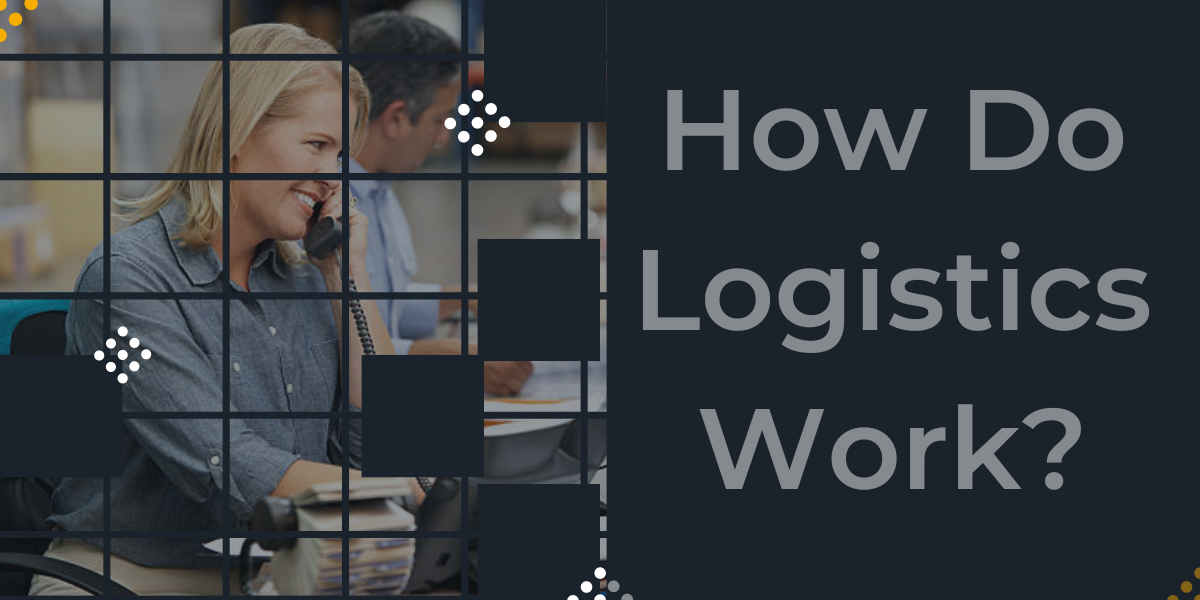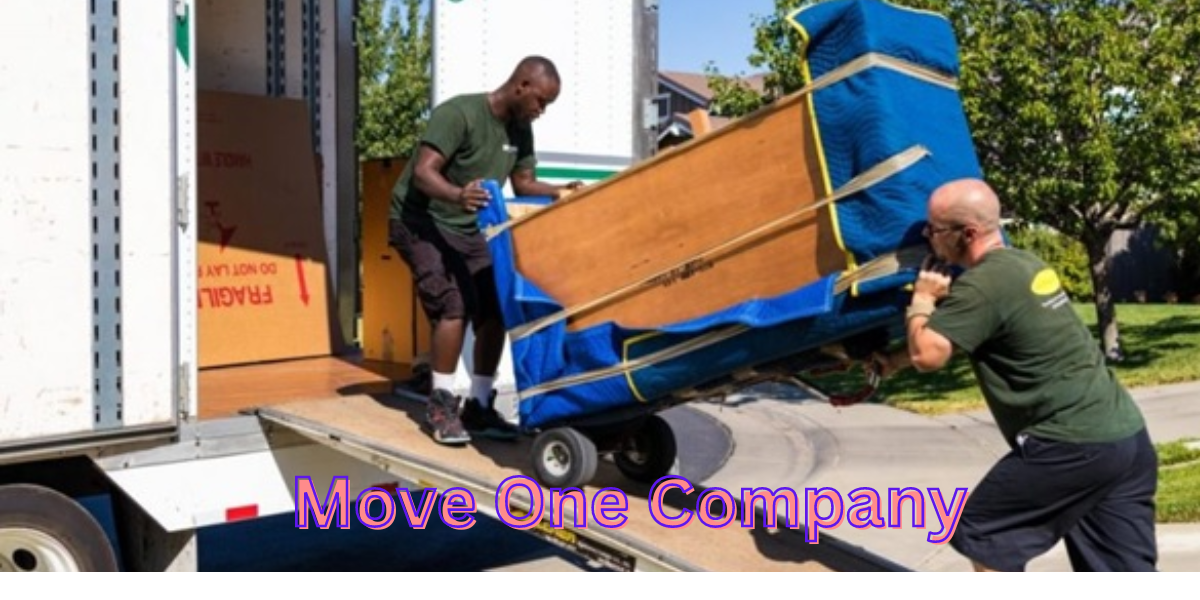When Should You Roll Logistics?

Rolling logistics is a term that is used in the business world, but it’s one that not everyone is familiar with. It’s a method of managing inventory and supply chains that can save your company time and money. In this blog post, we will explore when you should roll logistics for your company. We will discuss the benefits and drawbacks of rolling logistics so that you can make an informed decision for your business.
What is Logistics?
In business, logistics is the management of the flow of things between the point of origin and the point of consumption in order to meet the needs of customers or businesses. The resources managed in logistics can include physical items such as food, materials, animals, equipment, and liquids; as well as abstract items, such as time and information.
The term “logistics” originated from the Greek word λόγος (logos), meaning “reason” or “plan”. The Oxford English Dictionary defines logistics as “the branch of military science relating to procuring, maintaining and transporting material, personnel and facilities”. However, many people in the business world use the term to refer to the process of getting goods from supplier to customer.
There are three different types of logistics: inbound logistics, outbound logistics, and third-party logistics. Inbound logistics is the process of managing incoming products and materials from suppliers. Outbound logistics is the process of managing outgoing products and materials going to customers. Third-party logistics is when a company outsources its logistical operations to another company.
What are the Different Types of Logistics?
There are four main types of logistics: inbound, outbound, third-party, and fourth-party. Inbound logistics refers to the process of bringing materials and products into a company. Outbound logistics is the process of shipping finished products and goods from a company to customers. Third-party logistics is when a company outsources its logistics functions to another company. Fourth-party logistics is when a company uses an outside firm to manage its entire supply chain.
The Pros and Cons of Rolling Logistics
There are a lot of factors to consider when trying to determine whether or not rolling logistics is the right choice for your company. Let’s take a look at some of the pros and cons of this type of shipping so you can make the best decision for your business.
PROS:
-Allows for More Flexibility: Rolling logistics provides more flexibility than other types of shipping because it allows you to ship smaller loads more frequently. This can be beneficial if you have a fluctuating inventory or need to ship items on an as-needed basis.
Find The Best Logistic Company In Dubai.

-Reduced Shipping Costs: Shipping costs are often lower with rolling logistics because you’re able to ship smaller loads more efficiently. This means that you can save money on shipping without compromising on quality or service.
-Improved Customer Service: Because rolling logistics allows you to ship more frequently, it also allows you to provide better customer service. This is because your customers will receive their orders faster and they’ll be less likely to experience backorders or delays.
CONS:
-Requires More Planning: Rolling logistics requires more planning than other types of shipping because you need to make sure that each shipment is coordinated properly. This can be challenging if you have a complex supply chain or multiple warehouses.
-Can Be Less Efficient: While rolling logistics can be more efficient in some cases, it can also be less efficient in others.
How to Decide When to Roll Your Logistics
There are a few key things to keep in mind when trying to decide whether or not to roll your logistics. First and foremost, you need to ask yourself if you have the time and resources available to do so. If not, then it’s probably not worth your while. Secondly, you need to take into account the current state of your business and whether or not rolling your logistics would be beneficial. Finally, you should consult with other businesses in your industry to see if they have any advice on the matter.



